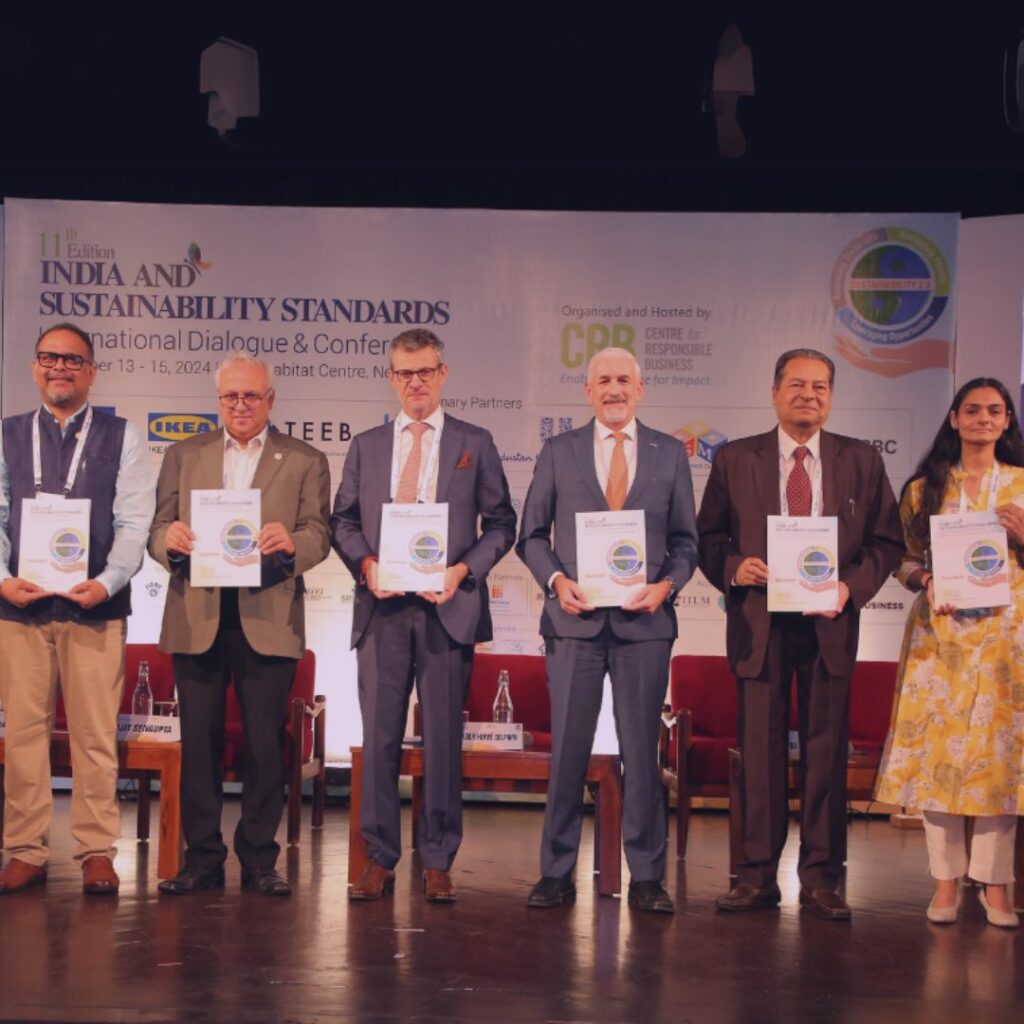A new study conducted by a global team of scientists has raised alarm bells, revealing that 20 out of Earth’s 35 crucial indicators have deteriorated to a degree that poses a peril to life on our planet. These vital signs include factors like Arctic sea-ice levels, ice mass loss in Antarctica and Greenland, sea level rise, and surface temperature anomalies, all of which have reached record extremes.
Published in the journal BioScience, the study also offers significant insights into global temperatures and greenhouse gas emissions. It reported that 2023 has already experienced 38 days with global average temperatures exceeding 1.5 degrees Celsius above pre-industrial levels. Furthermore, July marked the highest-ever recorded average Earth surface temperature, raising concerns that it may be the planet’s highest temperature in the last 100,000 years.
Co-lead author William Ripple, a distinguished professor at Oregon State University, expressed deep concern, stating, “Life on our planet is clearly under siege.”
“The statistical trends show deeply alarming patterns of climate-related variables and disasters. We also found little progress to report as far as humanity combating climate change (was concerned),” said Ripple as per a report in The New Indian Express.
Regarding greenhouse gas emissions, the researchers pointed out that Canadian wildfires this year released over 1 gigatonne of carbon dioxide into the atmosphere, surpassing the country’s total greenhouse emissions for 2021. The study also noted that global fossil fuel subsidies nearly doubled between 2021 and 2022, increasing from $531 billion to just over $1 trillion, with rising energy prices, partly attributed to Russia’s invasion of Ukraine, likely contributing to this surge in subsidies.
The authors emphasized the need for urgent global efforts to combat climate change and reduce our ecological footprint. They advocated for policies addressing the root problem of ecological overshoot and called for transitioning to an economy that prioritizes human well-being while curbing overconsumption and excessive emissions by the affluent. Specific recommendations include phasing out fossil fuel subsidies, promoting plant-based diets, expanding forest conservation initiatives, and endorsing international coal elimination and fossil fuel non-proliferation treaties to mitigate the potential partial collapse of natural and socioeconomic systems and the looming threats of unbearable heat, food shortages, and water scarcity.
The authors also emphasized the importance of equity and social justice in all climate-related actions, as extreme weather and climate impacts disproportionately affect vulnerable communities that have contributed the least to climate change.
Also Read: Green Card Innovations: Analyzing Recent Reforms In US Investment-Linked Immigration Program











